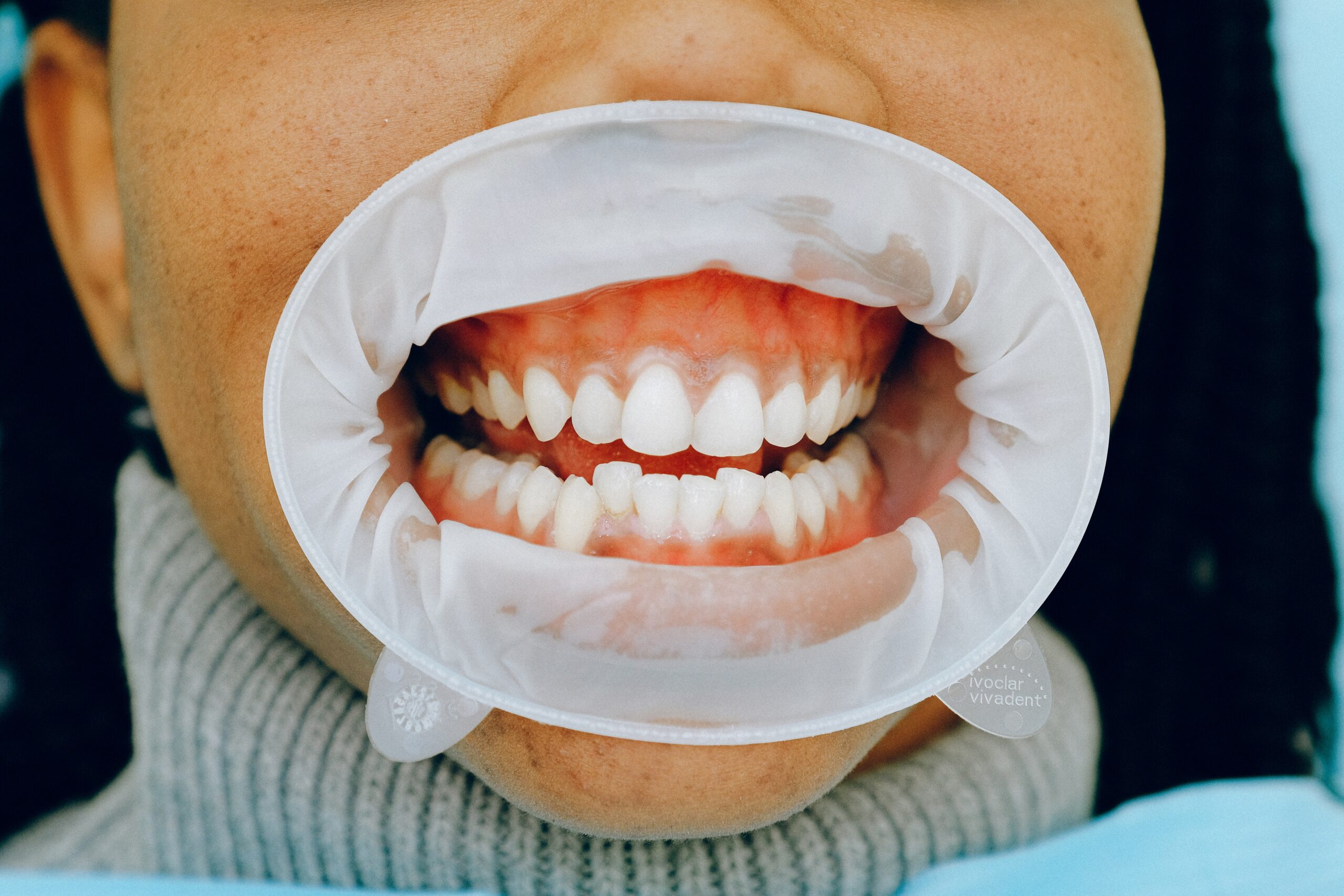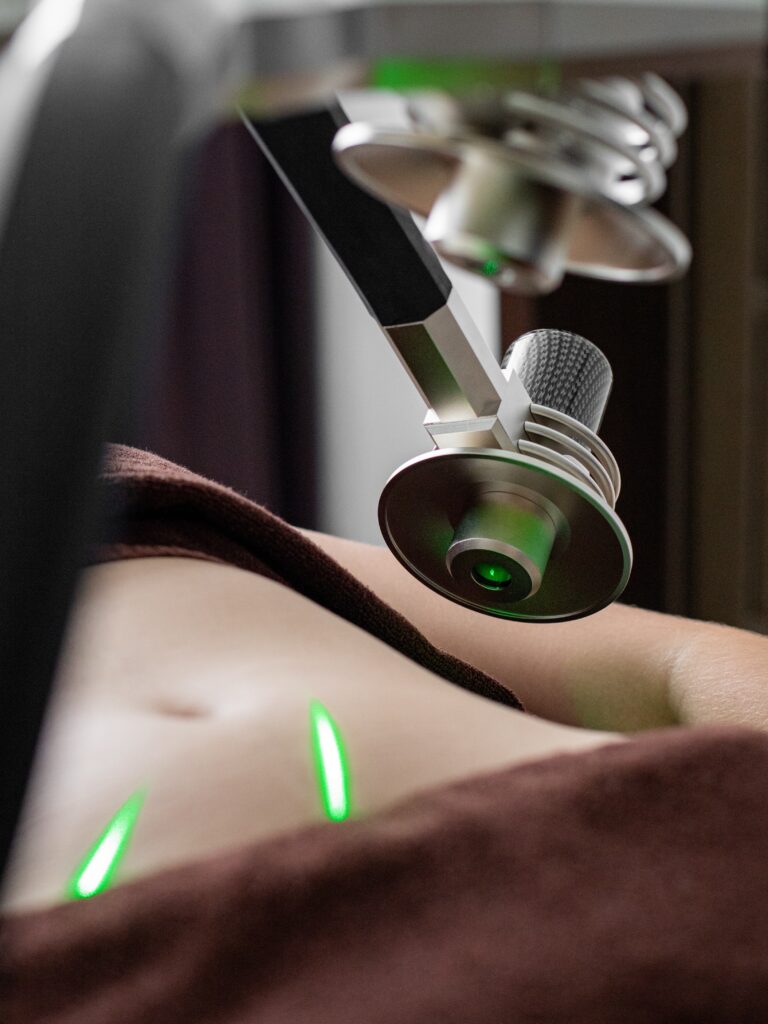Is oral surgery covered by blue cross medical insurance?
We need insurance to protect us from unreasonably high healthcare costs that can burden anyone considerably. But sadly, insurance companies do not cover all types of medical-related expenses.
So then the question remains whether or not oral surgery is covered by blue cross medical insurance. Read ahead to find out.
Does blue cross medical insurance cover oral surgery?
Yes, oral surgery is covered by blue cross medical insurance. Whether the insurance company will cover the entire cost or only a part of it is based on the kind of surgery and the seriousness of your dental condition.
Does wisdom teeth removal hurt?
Sometimes, wisdom teeth removal can be painful, but one can tolerate that much with proper pain management measures.
But how much pain and discomfort you experience during and after the procedure will vary from others. It mainly depends on the complexity of the process, the type of anaesthesia the doctor used, and your pain tolerance.
Your oral surgeon will first use local anaesthesia to numb the area around the wisdom teeth, and you may also receive sedation to help you relax. This can diminish any discomfort during the extraction.
After the ordeal, you may feel pain, swelling, and irritation at the extraction site. But thankfully, your dentist will provide instructions on handling the ache, and they might advise utilizing over-the-counter pain relievers and ice packs.
What are the long-term side effects of tooth extraction?
Even though tooth extraction is generally safe and not so complex, you should be aware of some potential side effects that can last persistently.
- When a tooth is uprooted, it can change how your teeth fit together, affecting your bite. This can cause uncomfortable situations and even lead to jaw problems over time.
- After the process, the bone that supports the tooth can begin to deteriorate, leading to a sunken appearance on the face. It even becomes difficult to receive dental implants or dentures in the future.
- Gum tissue can begin to recede after the extraction, exposing adjacent teeth’ roots and making those teeth more susceptible to decay and sensitivity.
- After the extraction, adjoining teeth can shift into the space, causing misalignment and crowding.
- In minor cases, if the extraction site is not adequately cared for, inflammation and pain can happen in the temporomandibular joint, causing the TMJ disorder.
FAQS
1. How many teeth can be extracted at once?
Well, there is no set limit for extracting one’s teeth. You can pull out all your teeth till only gum remains. But that will cause problems as you cannot chew on solid food.
2. Which tooth is easiest to remove?
The most accessible teeth to remove are typically the upper wisdom teeth. In contrast, the molars, especially the lower wisdom teeth, are more challenging to pluck due to their position in the back of the mouth. Its roots’ shape, size, and proximity to nerves and blood vessels make it more complex.
3. Which is a more painful extraction or a root canal?
For many who have gone through both a root canal and an extraction, the root canal felt more painful than the other.
Wrapping It Up
Oral surgery procedures can be expensive, especially if you do not have dental insurance, and it can be a severe financial burden for many people without a backup.
Luckily, with insurance, you can be at peace because you know you have financial protection in case you need help. Thus, we advise getting insurance from a reputable company if possible.






